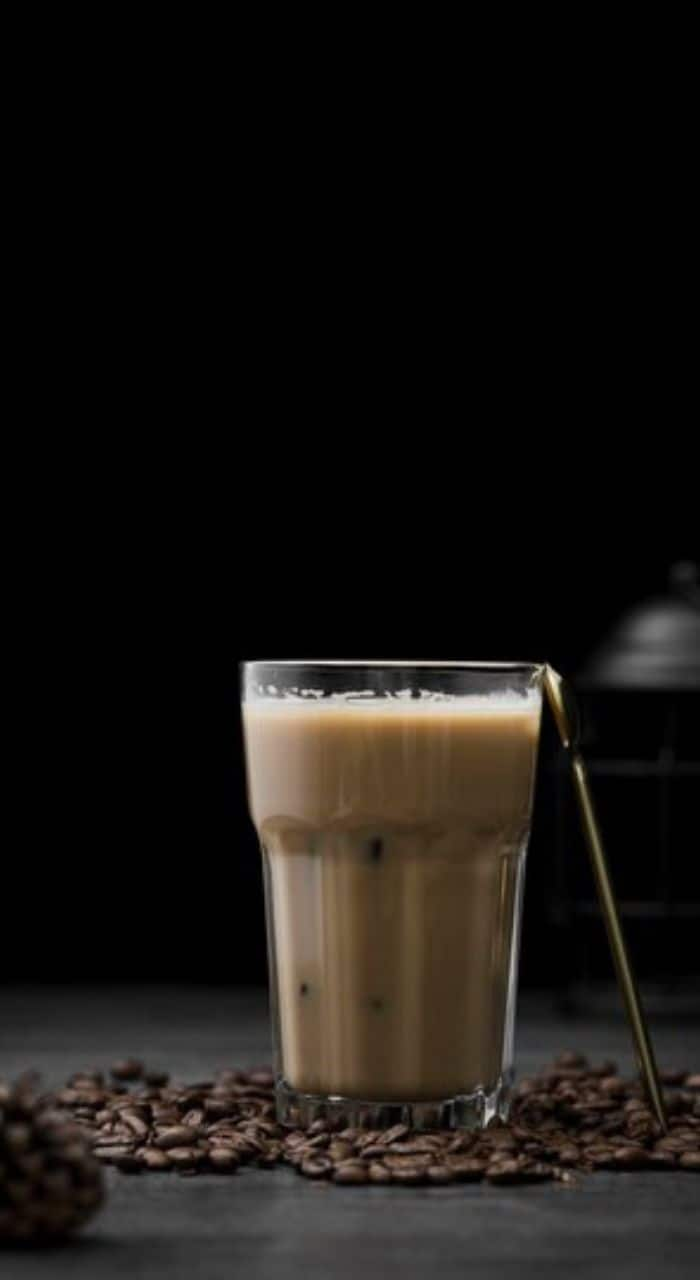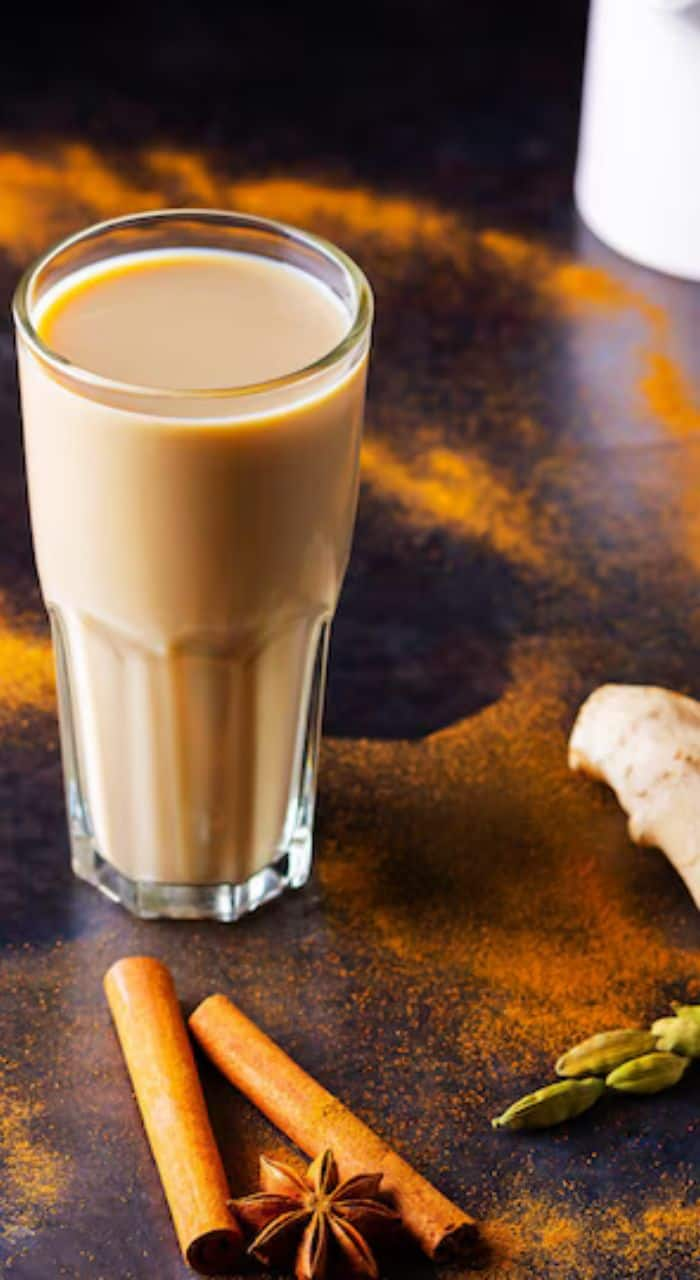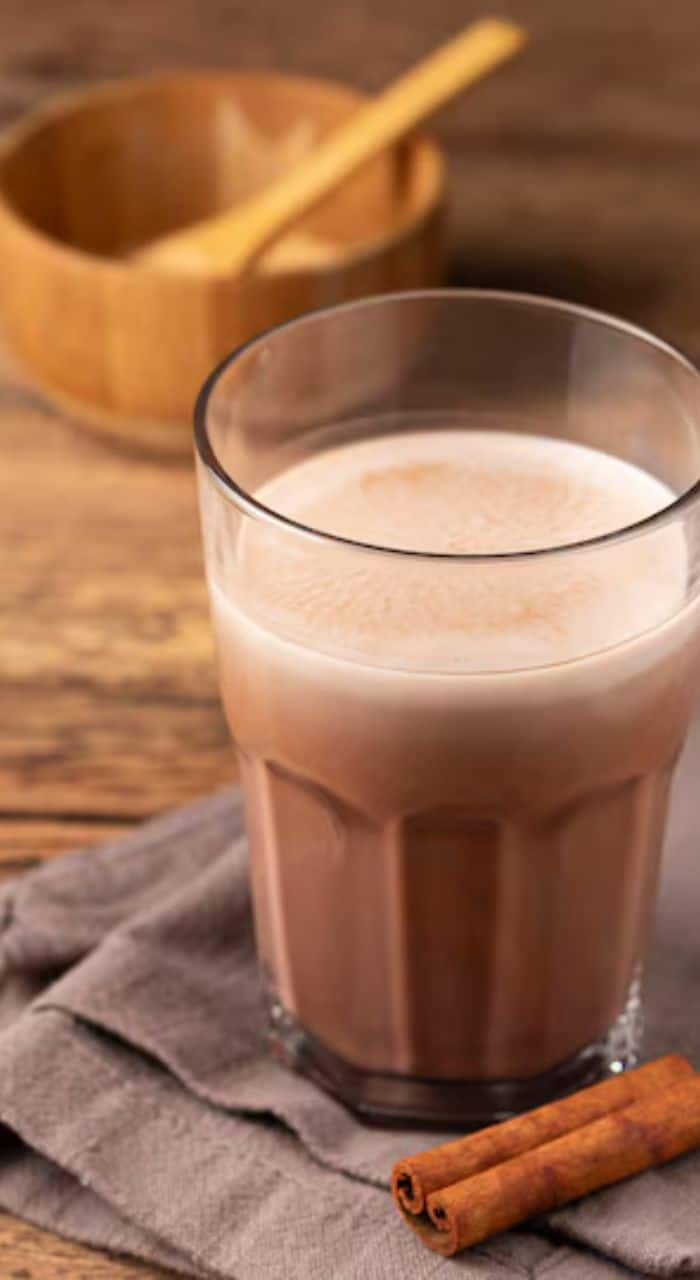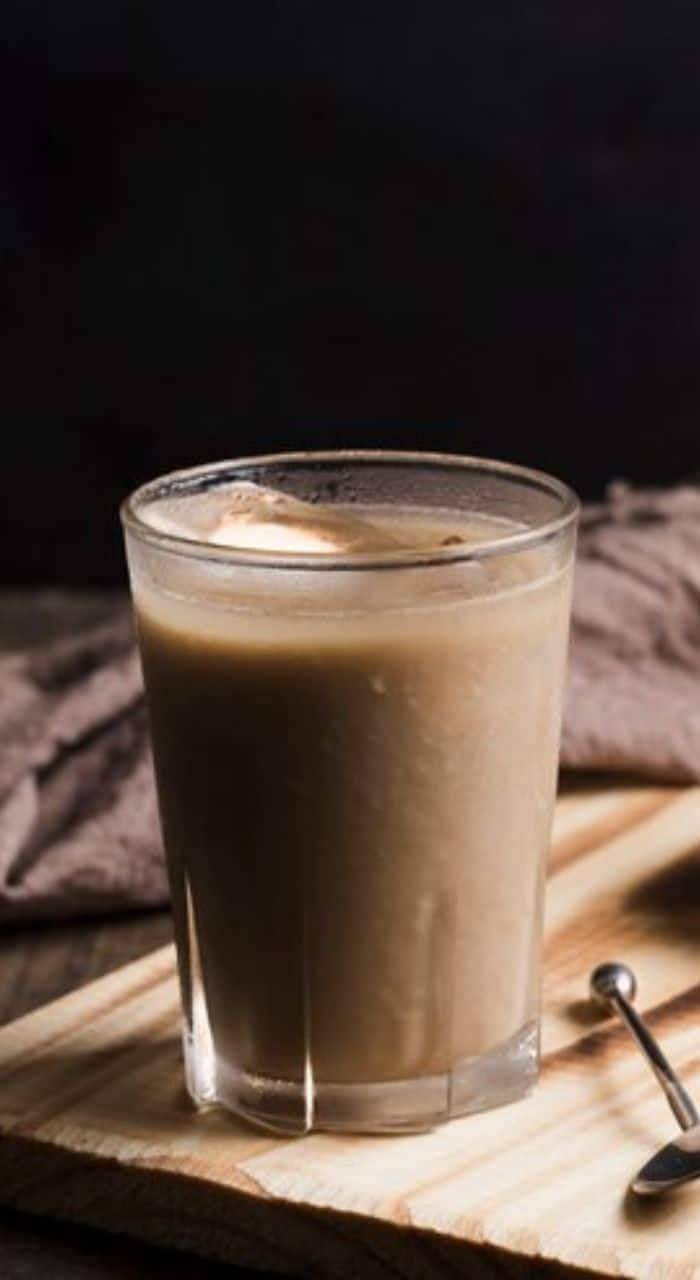
10 Side Effects Of Drinking Milk Tea Daily


Allergic Reactions
Some individuals may be allergic to components in milk tea, such as dairy, tea leaves, or added flavorings, leading to allergic reactions ranging from mild to severe.(Photo credit: freepik)

Nutrient Absorption
Tea contains tannins that can interfere with the absorption of certain nutrients, such as iron, potentially leading to deficiencies over time.(Photo credit: freepik)

Dehydration
Milk tea contains caffeine, and caffeine has diuretic properties, which can lead to increased urination and potential dehydration if adequate water intake is not maintained.(Photo credit: freepik)

Sleep Disruption
The caffeine in milk tea can interfere with sleep patterns, causing insomnia or poor-quality sleep if consumed later in the day and breaks the daily sleep cycle.(Photo credit: freepik)

Caffeine Dependence
Regular intake of milk tea, which contains caffeine, can lead to dependency and symptoms of caffeine withdrawal include headaches, irritability, and fatigue.(Photo credit: freepik)

Increased Blood Sugar Levels
Regular consumption of sugary milk tea can cause spikes in blood sugar levels, which may be particularly concerning for individuals with diabetes or insulin resistance.(Photo credit: freepik)

Digestive Issues
Some people might experience digestive problems like bloating, gas, or diarrhea, especially if they are lactose intolerant or have a sensitivity to dairy.(Photo credit: freepik)

Dental Problems
The sugar content in milk tea can contribute to tooth decay and cavities if proper dental hygiene is not maintained.(Photo credit: freepik)

Weight Gain
Milk tea often contains added sugars and high-fat milk, which can contribute to an increased caloric intake, leading to weight gain if consumed in excess.(Photo credit: freepik)
Causes anxiety
Teas are well renowned for their calming properties, occasionally excessive milk tea consumption has anxiety-inducing adverse effects. (Photo credit: freepik)
